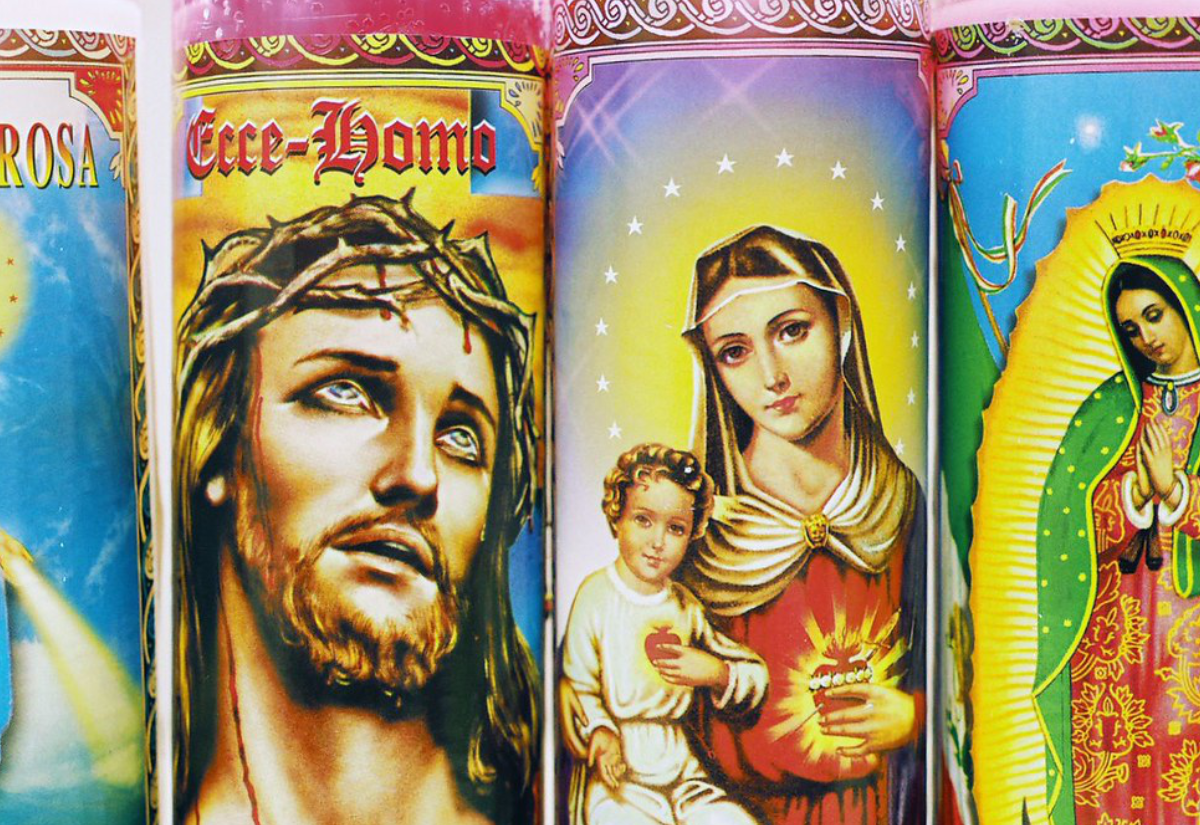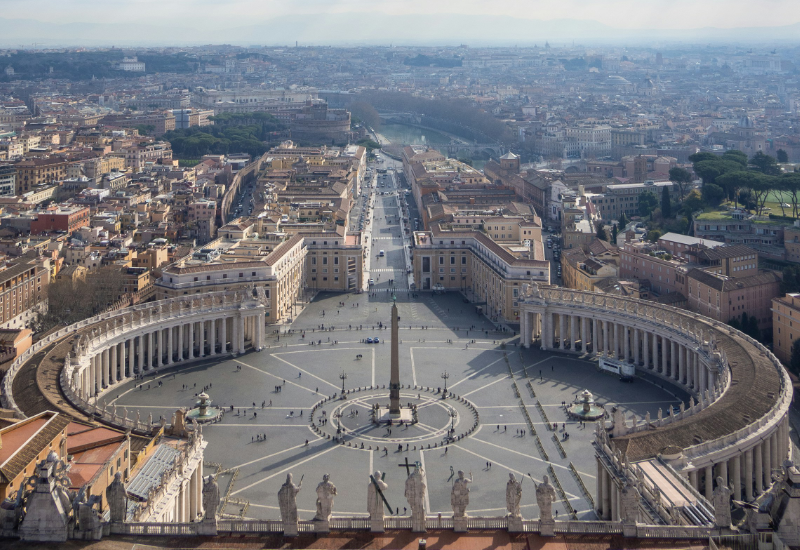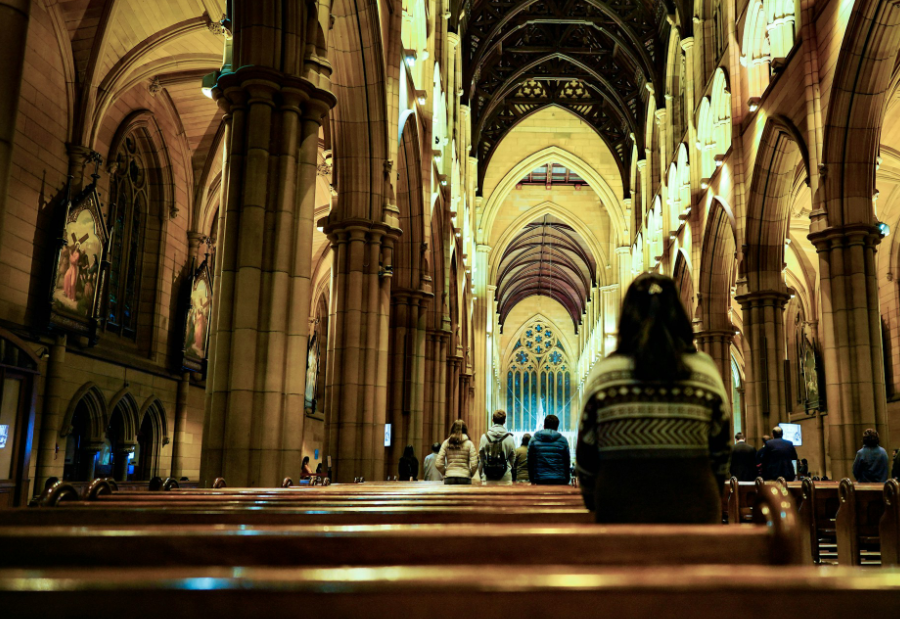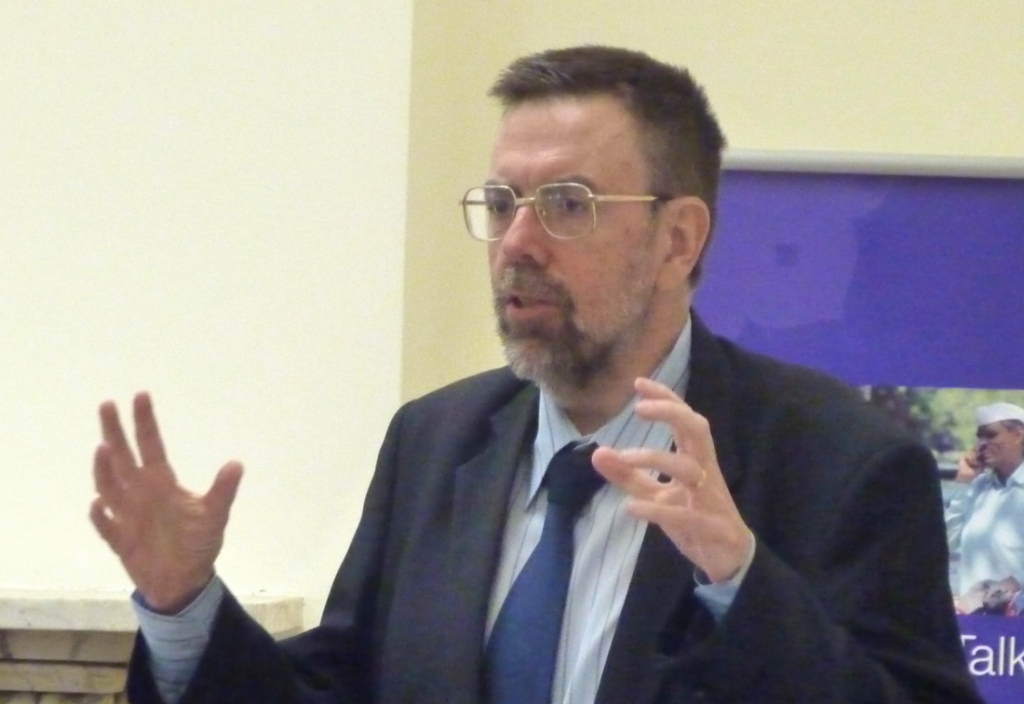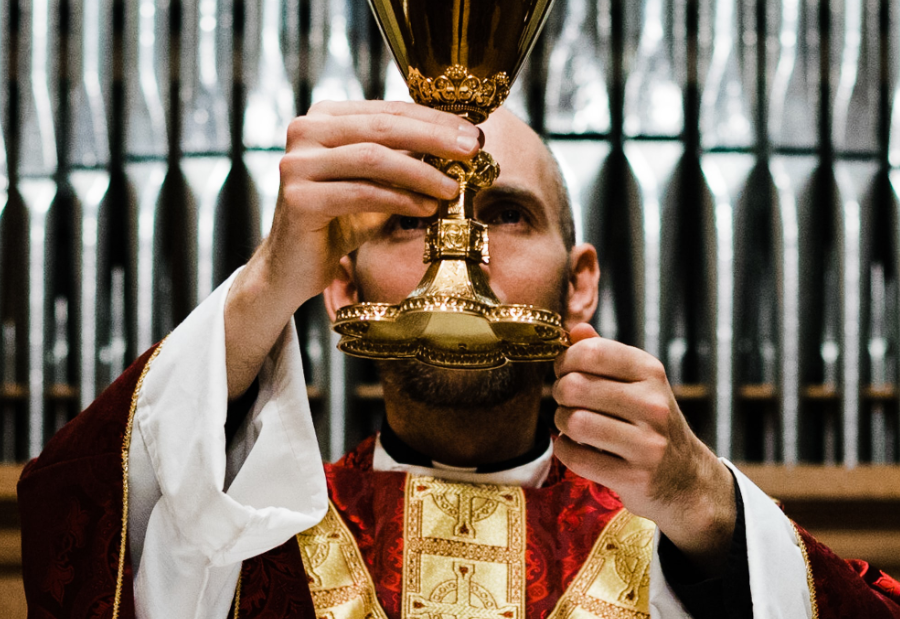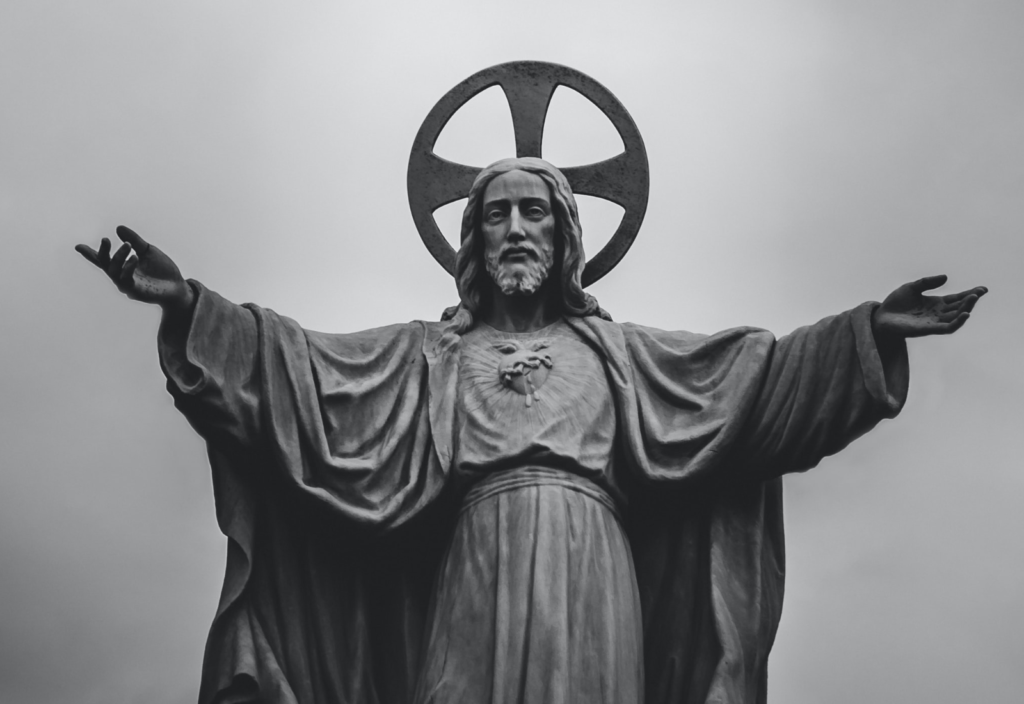In the Roman Catholic Church, a ‘novena’ is a devotion in which special prayers or services are repeated on nine consecutive days.
In 1936, the postmaster of the Fortitude Valley post office in Queensland, after hearing Anne Lennon speak, approached her. He told her that a disturbed and worried young novitiate from the local Catholic seminary had been accompanied by a priest to the post office. The church had opened his mail and learnt that his mother had sent money by post for him to escape back to Melbourne. So a priest was sent with the lad to seize the money. The postmaster, seeing the boy’s distress, asked the priest to leave. He complied and went outside.
Before leaving, the boy furtively handed over a small periodical saying, ‘Please read this…’ It was called Filipinas, a Catholic votive lamp paper issued in Brisbane and named after St Philippa, a miracle worker. Amongst other things it stated: “You can have your name – or a friend’s – inscribed therein for a fee of £5. Your name is constantly under the altar, as a reminder of our dear Lord… You may have the name of your departed inscribed – for their speedy entry in Heaven – Fee £5 (or instalment thereof). Send in your petitions in time for a solemn Novena and share in the special graces – the congregation will be blessed and given the Saint’s… relic, a portion of her bone to kiss.”
As this amounted to reviving practices – selling indulgences – that precipitated the Reformation, Lennon realised that the issue was serious and potentially explosive. Backed by the Queensland Rationalist Association, she decided to investigate. But first she approached Smith’s Weekly for help. Its editor agreed and sent a journalist to accompany her to St Jude’s. See below full front cover account in Smith’s Weekly, 26 December 1936.
When she entered the chapel: “The interior was ablaze with lights from hundreds of candles, and fumes from the lighted kerosine lamps reeked through it to every corner. It almost took ones [sic] breath away.” The resulting story was published under the headline ‘Easy to Get to Heaven on the Lay-by!’
The account was taken up by other papers overseas, as well as local publications. Eventually the Pope ordered the closing down of the chapel procedure, after news of this unwelcome publicity in Australia reached the Vatican.
The idea for the novenas may have come from Chicago’s National Shrine of St Jude, the patron saint of hopeless causes. When in 1929 many in Chicago lost their jobs, to raise their morale the local priest began regular devotions to St Jude. Subsequently, thousands attended the novenas.
In 2017, The Claretians, from their head office in Chicago, advertised on their website “Pray to St Jude Thaddeus Patron Saint of Hope”, inviting people to enter a prayer to St Jude, then referring them to the next page to make a donation.
EASY TO GET TO HEAVEN ON THE LAY-BY!
Brisbane Magazine Offers Miracles at £1 and 5/-.
Published in Brisbane, and circulated throughout the world, a religious magazine called “Filipinas” calls for contributions of £5 from readers for, among other things, “assuring for one’s departed a speedy entrance to Heaven.”
The magazine also solicits donations of 5/- and £1, for special prayers, which include a petition that “requests, silently and fervently made, may be granted.”
Other pages of the magazine contain extracts from letters which allege that requests, prayed for, have been fulfilled, i.e., that something akin to miracles is worked on payment of these 5/- and £1 contributions.
ONE of the sidelines of this magazine is the disposal—for a cash consideration—of medals to subscribers, and these medals are said to have been “applied to the relic of St. Jude and the True Cross, and other relics kept in our chapel.”
It will be news to Australia, and possibly to the entire Christian world, that a relic of the “True Cross” has found its way to Brisbane. Historians have set it down that Europe was once flooded with relics of the “True Cross”, which, sadly enough, were fakes, and for which believers paid a great deal of money in their credulity.
There is a touch of medieval superstition in many of the offers made through “Filipinas”. With religious beliefs, as such, there is no quarrel. With a magazine that is circulated world wide, making claims that miracles are available at 5/- a time, there is a different feeling.
In order to gain the favors, a reader is asked to subscribe 5/- for a “Novena”, or for a whole month, including all the month’s “Novenas”, the sum of £1 is asked.
The magazine is called into public comment, as it is not a publication circulating merely among members of one religion; it also has an appeal to the general public, and solicits their subscriptions too.
The wording of the request for a miracle, contained in several issues of “Filipinas,” is as follows:
“Light a votive lamp …. for your cherished intention. The following prayer is placed under each votive lamp lit for your intention:
“… remembering thy words that if you have faith you shall move mountains, I light this votive lamp before Thy altar with full faith and confidence in Thy mercy and generosity that the request that… silently and fervently made, may be granted.”
On page 5, issue of December 1, 1936, appears the following advertisement:
“Your offering of 5/- will keep your lamp burning for a whole Novena.
“Your offering of One Pound will keep your lamp burning for a whole month and you will partake in all the Novenas of the month.
On page 11 of the same issue there is a paragraph:
“What does this prayer “Novena” mean? Now this word is applied to a certain manner of prayer which goes by the name “A Novena”. A Novena means the saying of a certain set of prayers, for nine successive days in order to obtain some favor greatly desired.”
The meaning is therefore clear, and it is further amplified by another paragraph: “what prayers?—Any prayers you wish to choose.” The word “Votive”, it is explained, means a wish. The lamp is obviously a wish lamp. You light one and pray and presumably get the wish.
Now for a few examples from readers who allege “miracles and which are given prominence in” “Filipinas” for others to read:
December 1, 1936, page 4, No. 25145: “Please burn a votive lamp in thanksgiving for granting my request, i.e., that my son would obtain work. On the day following that on which the Novena ended HE BECAME EMPLOYED AND HAS BEEN WORKING EVER SINCE.” (Capitals, the magazine.)
25148 (Vic.): — “I am writing to acknowledge having received innumerable and wonderful favors. I was unemployed in 1931 and St. Jude helped me then to find employment. During 1935 I again found myself searching for employment, and, having undertaken the liability of a house on terms, matters became very, very serious when the period of unemployment grew into months. However, it was absolutely marvellous how dear St. Jude kept my creditors at bay. I WAS ENABLED TO KEEP MY HOME TOGETHER AND INTACT. …AFTER 22 WEEKS OF UNEMPLOYMENT ST. JUDE FOUND ME EMPLOYMENT….”
At random these votive lamps appear in these pages to have accomplished several things including: curing a drunkard; curing lunacy; finding a job after four years of unemployment; finding a house to “live in”; effecting a man’s transfer; giving unexpected financial help; curing severe pain; and other favors.
Page 34 records that four votive lamps assisted a girl, who was thought to have no chance, to pass with honors for a bursary; another person obtained suitable employment; a writer from New Zealand alleges “we were most fortunate in having our favor granted, namely, that we would not have to go to court about the settlement of a dispute about crops on a farm that was leased.”
It is the section of this magazine for “Co-Builders” that, has an extraordinary offer. In an album, says page 38, you may have the name of “your departed inscribed for his or her speedy entry into Heaven. You may have your own name or that of your father or mother, son or daughter or friend for any benefit you wish to confer on them…. For the dead it is better than a costly tombstone. Flowers are a faded disappointment by the side of these spiritual supernatural flowers growing daily &c.”
The form of application sets out the price for “the speedy entrance into Heaven” of one’s departed:
I enclose my offering (either complete £5 or an instalment). (U.S.A., 25 dollars).
Name ………………………..
Address ………………………..
Please tear out and forward with your remittance
The magazine boasts its wide circulation, for on another page it gives details of air-mail services to Australia from the Old Country and the territories on the route, “This mail reaches us twice a week.”
Photo by Timothy Tolle on Flickr

